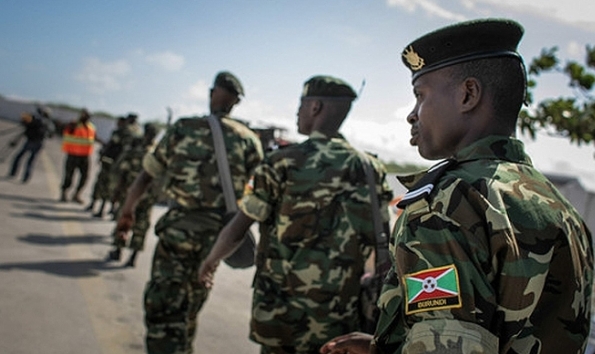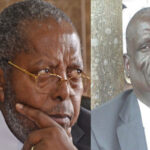Burundi has officially announced its decision to step away from the African Union Support and Stabilization Mission in Somalia (AUSSOM). This decision, disclosed by Ambassador Willy Nyamitwe, Burundi’s representative to the African Union, highlights growing disagreements regarding troop deployment and contribution limits within the mission.
The primary issue stems from Burundi’s dissatisfaction with its assigned troop quota of 1,041 soldiers, which it deems insufficient for its intended role in Somalia. The Burundian government has advocated for a deployment of at least 2,000 troops to ensure its effectiveness in supporting the mission.
Djibouti’s Ambassador Abdi Mohamud Eybe, who chairs the AU Peace and Security Council, has reportedly expressed similar frustrations, underscoring broader discontent among member states about AUSSOM’s operational framework.
Adding to the complexity, Somalia recently announced plans to exclude Ethiopian forces from AUSSOM, citing sovereignty concerns. Ethiopia’s involvement in Somalia’s security operations has long been a point of contention, and this development has further complicated regional cooperation.
Reports indicate that Burundi is particularly resistant to deploying troops to the Gedo region, a contentious area where Somali and Ethiopian interests frequently collide. The region’s strategic importance and the presence of Ethiopian forces have made it a focal point for regional tensions.
Some analysts suggest that Ethiopia may be seeking to influence the narrative surrounding Somalia’s stability, potentially drawing parallels to international situations like Afghanistan to justify changes in its military role. Such efforts could have far-reaching implications for how security challenges in Somalia are perceived and addressed.
Burundi’s withdrawal presents a significant challenge for AUSSOM as Somalia continues its fight against Al-Shabaab and navigates a complex web of regional dynamics. The absence of Burundian forces may hinder the mission’s ability to achieve its objectives, raising concerns about its future efficacy.
![]()
























